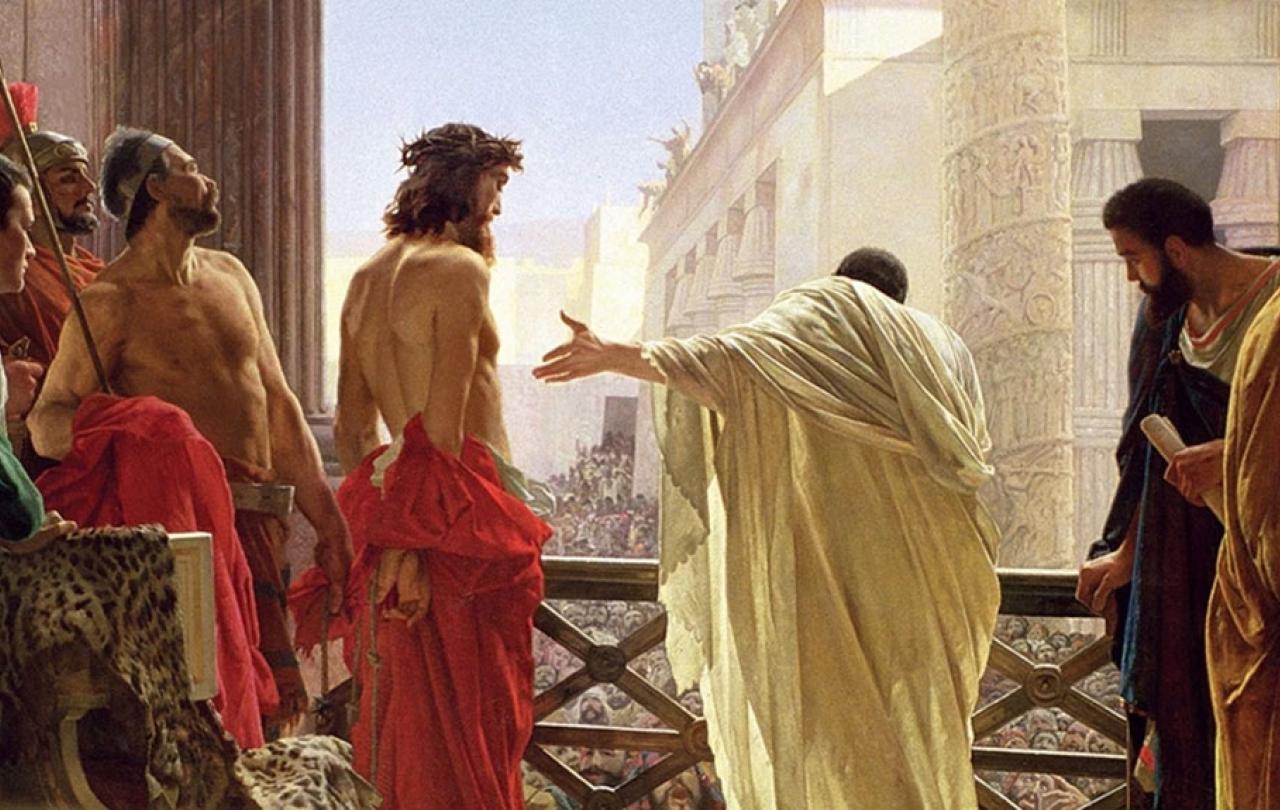
The radical uniqueness of the Christmas story can be easily lost in a culture over-familiar with carols, nativity scenes, and Christmas cards. The birth of Jesus is not, for Christians, merely the birth of the founder of their religion, comparable to Muhammad, the Buddha, Guru Nanak, or Moses. The heart of the Christian claim is that in the Incarnation, the Almighty Creator of all things has irrevocably identified himself with the human race, standing in solidarity with every person who ever existed and ever will exist.
Imagine Tolkien being born as a hobbit in the Shire, or J.K. Rowling going to school at Hogwarts. The mind-bending notion of the author entering his or her own creation is far closer to the Christian idea of Jesus than any comparison between him and other great figures of history. For Christians, he was not just a moral teacher, not just an inspiring example – not even an object of adoration and love without further qualification. He was and is all these things of course. But all those things are put in the shade by something else, totally unique and unrepeatable: Immanuel, God-among-us.
The implications of this are staggering. Dorothy Sayers puts it this way (quote slightly adapted):
For whatever reason God chose to make human beings as we are – limited and suffering and subject to sorrows and death – he had the honesty and the courage to take his own medicine. Whatever game he is playing with his creation, he has kept his own rules and played fair. He can exact nothing from us that he has not exacted from himself. He has himself gone through the whole of human experience, from the trivial irritations of family life and the cramping restrictions of hard work and lack of money to the worst horrors of pain and humiliation, defeat, despair, and death. He was born in poverty and died in disgrace and thought it well worthwhile.
The Christian God is a God who plays fair, who keeps the rules he commands us to keep, who suffered the same pain, anxiety, and daily struggle that we all suffer in the world he created.
How is this possible? Only if we hold together two things that look like a contradiction at first sight: that Jesus is both fully God and fully human, at the same time, without confusion or separation. This is how Christian dogma has been enshrined in our creeds.
The early centuries of Christianity were a delicate balancing act. Theory after theory was tried and abandoned because it failed to hold the necessary tension between ‘fully God’ and ‘fully man’. The long councils with hundreds of bishops arguing over the precise wording of the creed may seem very remote to our daily concerns, but they were trying to protect something vital to the life of the Church. One word wrong could have upset the whole balance, and Christianity would have become simply another mystical apparition or set of moral guidelines along hundreds of others in the ancient world.
If we let go of the ‘fully God’ part, then we are left with a religious teacher who may inspire devotion, offer moral guidance, or even speak with the voice of God. But we do not have the Creator himself entering his creation to experience it as we do.
If we let go of the ‘fully human’ part, then we are left with a supernatural appearance of the one who made us. He might command us to live a certain way and punish us when we fail. He might leave detailed instructions about the right way to worship him. But he did not share our condition. He did not get sunburnt, jostled in the street, woken up, pinched, teased at school, or sold a dud.
The magic is in that combination of the two, almost impossible to grasp, that puts the source of all power, truth and beauty in a collision course with the deepest fears, sufferings, joys, hopes and longings of every member of the human race. The one who made us is not unaware of what it is like to live in this world. Whatever his mysterious purposes may be for his creation, they involve humanity in a prominent position. And whatever God destines for our race is a destiny he shares. As G.K. Chesterton writes of the Incarnation:
‘Since that day it has never been quite enough to say that God is in his heaven and all is right with the world, since the rumour that God had left his heavens to set it right.’





